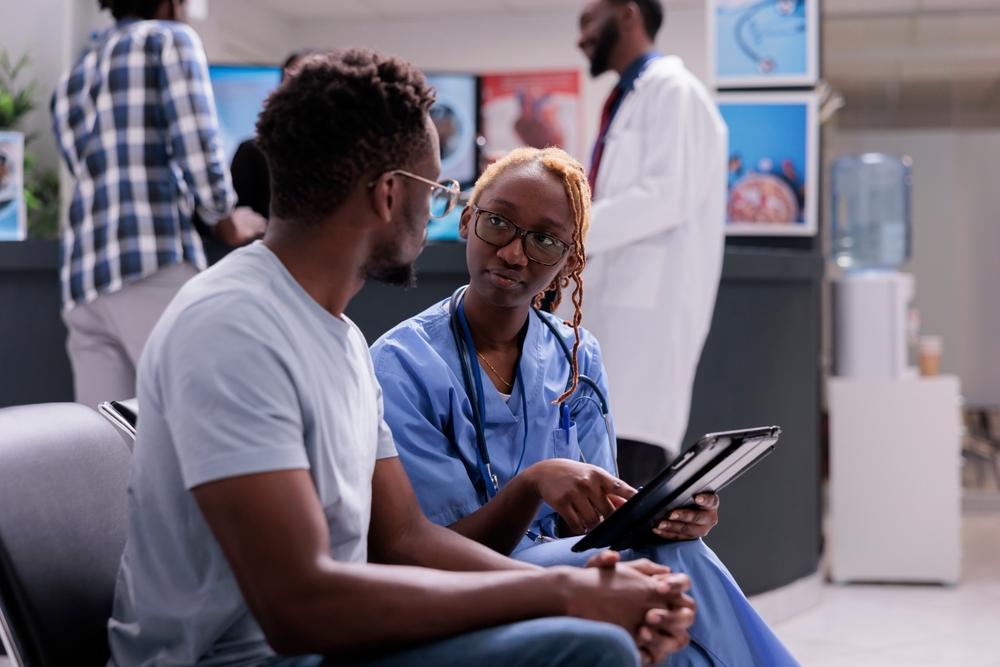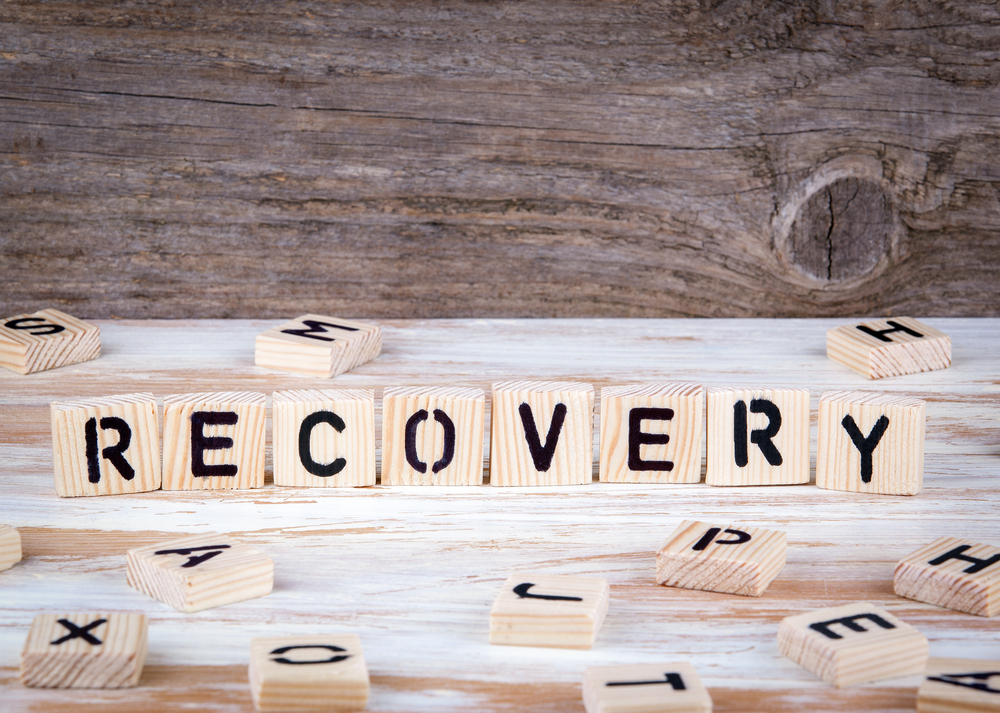Recovery Support Services
Recovery Support Services Medication Assisted Treatment (MAT) Clinic
Welcome to our Community Resource Site for Opioid and Alcohol Dependence. We are committed to providing support and guidance to individuals and families affected by substance use disorders. Our comprehensive range of resources includes information on medication-assisted treatment (MAT), harm reduction strategies, counseling services, and support groups. Whether you're seeking help for yourself or a loved one, our site offers valuable resources to navigate the journey to recovery. Together, we can break the stigma, provide hope, and create a supportive community dedicated to healing and recovery.
Mission Statement:
The mission of the Prince William Community Service MAT Program is to provide comprehensive and compassionate services to individuals seeking treatment for substance use disorders. We are committed to offering services without discrimination, in a supportive and respectful environment that honors the rights and individuality of each client. By embracing harm reduction principles and evidence-based practices, we work to meet clients where they are, on their own terms, and empower them to make positive changes in their lives. Our goal is to promote health, safety, and well-being for all members of our community, while advocating for the rights and dignity of those affected by substance use.
Vision Statement:
Our vision is of a community where access to comprehensive, evidence-based MAT services is readily available to all individuals without discrimination or unnecessary barriers. We envision a future where every person affected by substance use disorders is treated with dignity, compassion, and respect, and where individual choice and autonomy are central to the treatment process. Through our commitment to inclusive, person-centered care, we aim to promote health, safety, and well-being for all, embracing realistic approaches that recognize the complexity of recovery journeys and prioritize harm reduction and human rights.
Medication-assisted treatment (MAT) is a comprehensive approach to treating substance use disorders, particularly opioid and alcohol dependency. It combines medication with counseling and behavioral therapies to provide a holistic approach to recovery. Here's how it works:
- Medications such as buprenorphine and naltrexone are used to help reduce withdrawal symptoms, cravings, and the reinforcing effects of opioids or alcohol. These medications can help stabilize brain chemistry, making it easier for individuals to focus on their recovery.
- Counseling and Behavioral Therapies: Counseling and behavioral therapies, such as cognitive-behavioral therapy (CBT) or motivational interviewing, are essential components of MAT. They help individuals address the underlying issues contributing to their substance use, develop coping skills, and make positive lifestyle changes.
- Medical Monitoring: MAT involves regular medical monitoring to ensure that the medication is working effectively and to adjust treatment as needed. This may include medication adjustments, urine drug testing, and monitoring for any potential side effects.
- Support Services: Other Community Services programs are offered for additional support, such as case management, comprehensive treatment, peer/support groups, vocational training, and assistance with housing.

Harm reduction is a public health approach aimed at reducing the negative consequences associated with substance use, including opioid and alcohol use disorders. Rather than focusing solely on abstinence, harm reduction seeks to minimize the harms associated with substance use while recognizing that some individuals may continue to use drugs or alcohol.
Here are some key principles and strategies of harm reduction for opioid and alcohol use disorders:
- Naloxone Distribution: Naloxone is a medication that can rapidly reverse opioid overdose. Distributing naloxone to people who use opioids, as well as their friends and family members, can save lives by enabling bystanders to intervene in overdose situations.
- Education and Outreach: Providing information about safer drug use practices, overdose prevention, and treatment options helps individuals make more informed decisions about their substance use.
- Access to Treatment: Making evidence-based treatment, including medication-assisted treatment (MAT), readily available and accessible reduces the harm associated with opioid and alcohol use disorders. This includes offering low-threshold treatment options that meet people where they are without requiring immediate abstinence.
- Safer Drinking Guidelines: For alcohol use disorder, harm reduction strategies may include providing guidelines for safer drinking, such as setting limits, avoiding mixing alcohol with other substances, and staying hydrated.
- Peer Support: Peer support programs, such as Alcoholics Anonymous or SMART Recovery, provide individuals with support from others who have experienced similar challenges with substance use.
Harm reduction recognizes that substance use is complex and that not everyone is ready or able to stop using drugs or alcohol completely. By focusing on reducing the negative consequences associated with substance use, harm reduction aims to improve the health and well-being of individuals and communities.

Clinic Hours & Locations:
Ferlazzo Center 15941 Donald Curtis Drive Suite 200 Woodbridge, VA 22192 Phone: 703-792-4900
Monday thru Friday: 8 a.m. – 12 p.m.
Sudley - North 7969 Ashton Ave. Manassas, VA 20109 Phone: 703-792-7800
Monday to Friday: 8 a.m. – 12 p.m.
Contact Us for More Information or Support:
Luis Quintero, Peer .......................571-244-0721
Angie Flores, Therapist .................571-408-0328
Samuel Seium, Therapist .............703-792-5301
Fathiya Fuseini, Nurse ...................202-940-7104


